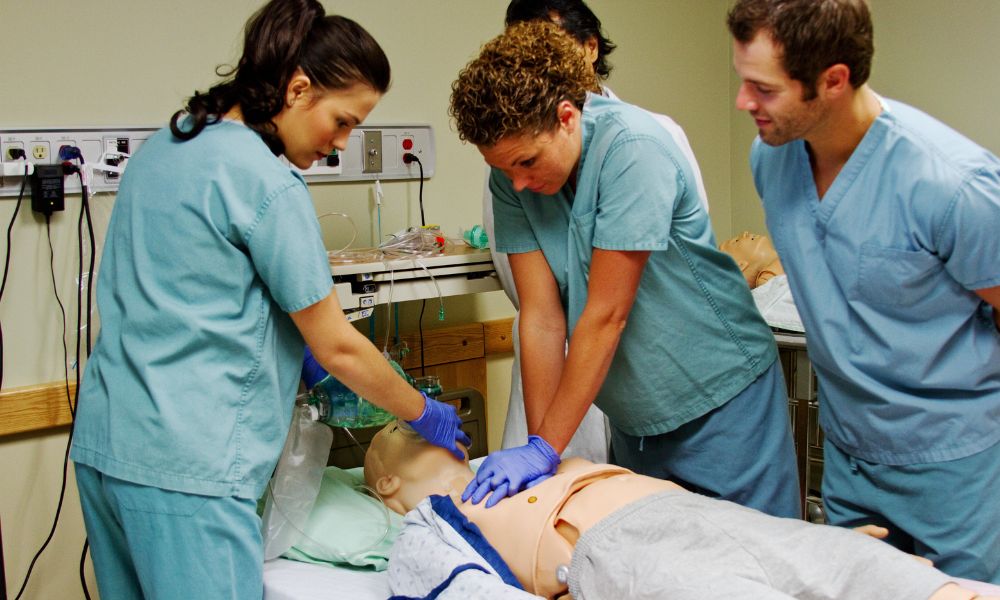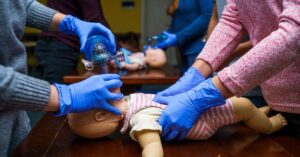A common misconception about the field of nursing is that every nurse has the same job. Think about the many different areas of medicine that require specific training in order for doctors to practice. Nurses also require specific education and training to assist their patients, all of which depend on the specialty they choose. That is why you need to know why a PALS certification is important if you want to be an ER nurse.
What Is PALS?
PALS is an acronym for Pediatric Advanced Life Support, and it’s a certification only healthcare professionals may receive. Are you looking to receive your PALS certification but want to find a reputable program with talented instructors? Look no further than CPR123. When you choose us, you can trust that you will receive high-quality training that leaves you feeling confident that you have the skills and knowledge you need.
Necessary for All
The average person may find it surprising that children’s and infants’ bodies respond differently to medical emergencies than adults. That is why all professionals in the healthcare field should have their PALS certification, as it’s a necessary training that saves lives. However, there are certain specialties for nurses where PALS is an absolute requirement, like in the emergency room.
Importance in the ER
When you think about an emergency room in a hospital, you likely imagine an ever-changing, hectic environment. If one thing is for certain in the ER, it’s that you can never know what to expect. The patients you treat will range considerably in age, race, gender, and more.
That’s why it’s so important for ER nurses to have a PALS certification. ER nurses work in a medical field where pediatric emergencies that require life-saving procedures are much more common. In contrast, imagine a nurse who works in an assisted living facility. The bulk of their role will require helping older adults with a variety of needs. As such, they will likely never have to attend to a child or infant in a medical crisis.







